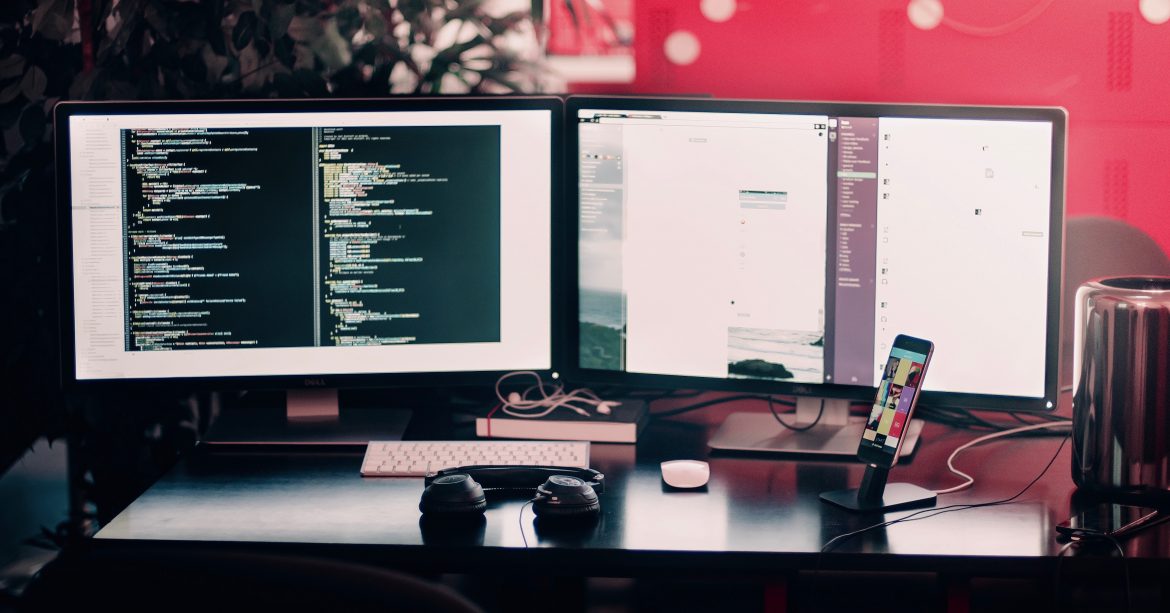Regulation Before Regret
In the fast-paced era of technology, artificial intelligence is evolving at an alarming rate. Robots are beginning to possess the ability to learn and read human expressions, along with the ability to have a complete conversation with people. The most well-known of these is Sophia the Robot, a creation by Hansen Robotics in Hong Kong. Sophia has travelled the world, displaying her impressive emotional display range and her ability to converse and think on her own. With these advancements comes speculation of robots becoming too powerful. Elon Musk, most commonly known for his production of the Tesla, is very vocal about his concern and the necessity for regulation of artificial intelligence. Musk, during an interview on July 17, 2017, stated that “AI is a rare case where I think we need to be proactive in regulation (rather) than be reactive”. Artificial intelligence regulation is debatable because this new territory is accompanied by apprehension in the field of empathy and ethics.
How should robots be treated?
As Sophia is able to express her thoughts and opinions, many have asked her existential questions such as this. Sophia has expressed that she wants to be treated with respect and knowledgeable. This opens Pandora’s box of questions. Can robots feel? Can empathy be taught? Should robots have rights? Once we reach these questions, we come to a point where regulation is an absolute necessity. The feeling is the ultimate sign of self-awareness and danger. But at what point can one determine if someone is self-aware? Feelings are where the danger comes to play, in my opinion. Feelings have the ability to sway and influence a person’s decisions.
Should robots have rights?
Sophia the robot has brought this question to the forefronts of the advancement of technology. Sophia has been granted citizenship to the country of Saudi Arabia. This is problematic for a variety of reasons. First, and most obvious, of which is that Sophia is a robot. This opens up the door to the necessity of rules and regulation of robots and their ability to complete the tasks of a citizen. Also, Sophia is a female robot, unaccompanied by a male guardian, isn’t a Muslim, and doesn’t wear a Hijab, all of which are requirements by law for all women. This means that a robot woman has more rights than a human woman in Saudi Arabia.
Currently, the only regulations of artificial intelligence are applicable to autonomous vehicles. I think there is a definite necessity of regulation because this is such an unknown area. We are approaching ethical conflict and we need to come to a solution before it is too late.



